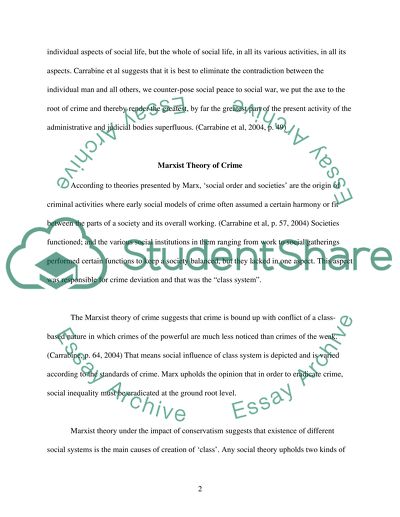Cite this document
(“The Realist Criminology Essay Example | Topics and Well Written Essays - 2500 words”, n.d.)
The Realist Criminology Essay Example | Topics and Well Written Essays - 2500 words. Retrieved from https://studentshare.org/sociology/1524876-the-realist-criminology
The Realist Criminology Essay Example | Topics and Well Written Essays - 2500 words. Retrieved from https://studentshare.org/sociology/1524876-the-realist-criminology
(The Realist Criminology Essay Example | Topics and Well Written Essays - 2500 Words)
The Realist Criminology Essay Example | Topics and Well Written Essays - 2500 Words. https://studentshare.org/sociology/1524876-the-realist-criminology.
The Realist Criminology Essay Example | Topics and Well Written Essays - 2500 Words. https://studentshare.org/sociology/1524876-the-realist-criminology.
“The Realist Criminology Essay Example | Topics and Well Written Essays - 2500 Words”, n.d. https://studentshare.org/sociology/1524876-the-realist-criminology.


